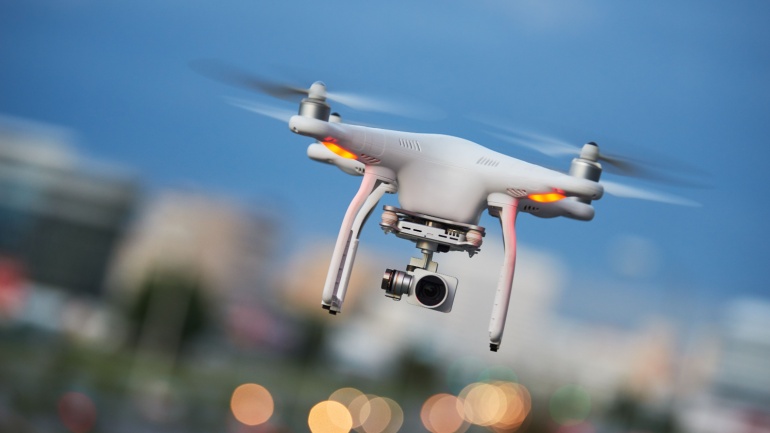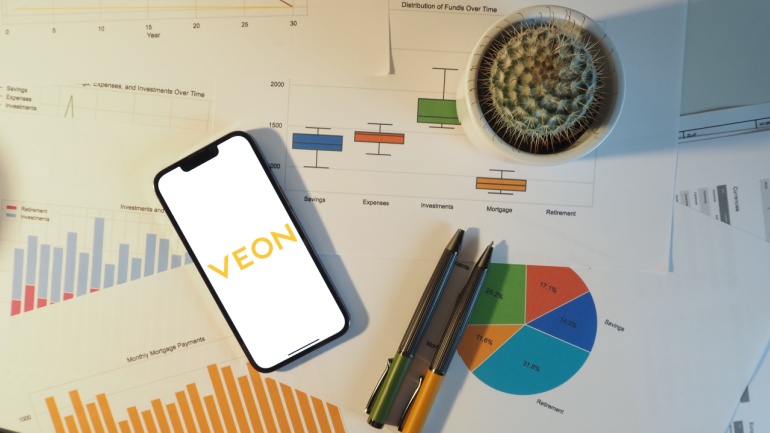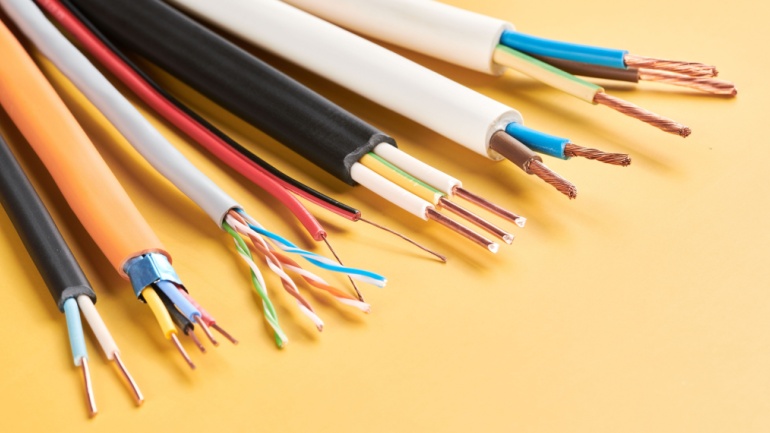A new Japanese law aims to foster competition in the smartphone app market by allowing third-party app stores and billing providers to operate on Apple iOS and Google Android platforms. This legislation, known as the Act on Promotion of Competition for Specified Smartphone Software, was announced by Japan’s Fair Trade Commission (FTC).
Samsung played a pivotal role in the German smartphone market’s recovery during the first quarter of 2024, ending a prolonged period of decline. According to Counterpoint Research’s Q1 2024 Market Monitor Shipment Tracker, smartphone shipments in Germany increased by 13% year-over-year.
Vodafone Germany has introduced DroNet Hub, a new online platform designed to assist businesses in managing their drone operations. This launch coincides with the fifth anniversary of the telecom giant’s adoption of 5G technology.
The European Commission has launched a thorough investigation into UAE-based telecom company e&’s acquisition of PPF Group’s telecom operations in Eastern Europe. This move excludes PPF Telecom’s Czech business.
Tollring, a leading developer of analytics software, has introduced its Analytics 365 AI-Powered Recording to the Microsoft Azure and AppSource marketplaces. This new feature enhances the Analytics 365 portfolio, providing comprehensive recording capabilities for Microsoft Teams. The AI-driven tool offers transcription, keyword detection, topic analysis, sentiment evaluation, and outcome analysis, allowing organizations to gain in-depth insights into customer interactions and behavior patterns.
Veon, a telecommunications giant, unveiled ambitious growth plans during its Capital Markets Day, sparking optimism among investors. CEO Kaan Terzioglu emphasized the promising landscape of emerging markets where Veon operates, asserting that the company’s digital transformation has positioned it for substantial growth.
The UK’s Competition and Markets Authority (CMA) is unlikely to demand that dominant cloud service providers Microsoft and AWS break up their businesses or divest assets. However, it is considering several other market interventions to ensure fair competition.
In developed markets, copper telecom networks are rapidly being replaced by more efficient fiber optic cables. Despite this shift, the value of copper is surging in other sectors, particularly in electric vehicles and renewable energy. The metal’s worth has soared over 50% from pre-pandemic levels due to high demand and lower mining outputs, with forecasts suggesting a further 50% increase in demand by 2040.
Swisscom has revealed that its Italian subsidiary, FastWeb, has sold its 4.5% stake in FiberCop to Optics BidCo, a subsidiary of KKR, for €439 million. FiberCop, formed in 2021 by Telecom Italia (TIM), KKR, and FastWeb, manages the ‘last mile’ fibre network, connecting homes to street cabinets.
Reports from Reuters suggest that Saudi Arabia’s STC group is contemplating a significant move in the European telecom market by considering the acquisition of United Group, a prominent player in both telecommunications and pay-TV sectors. Citing three anonymous sources familiar with the discussions, the potential takeover could mark a substantial shift in the industry landscape.













